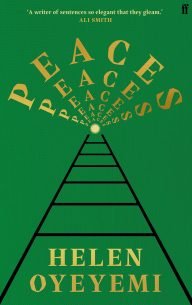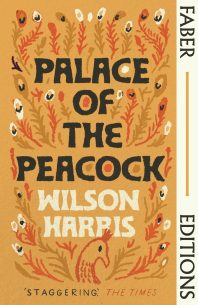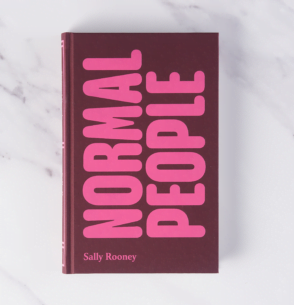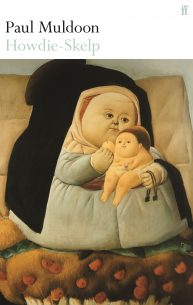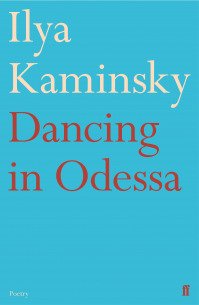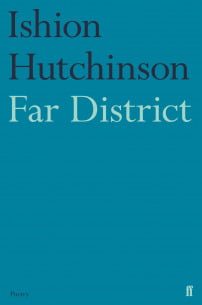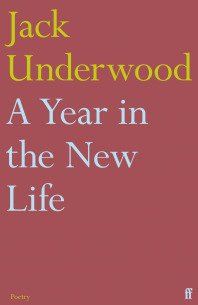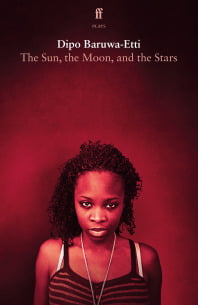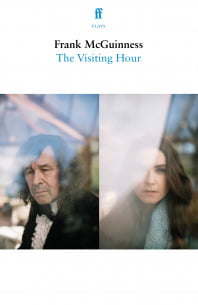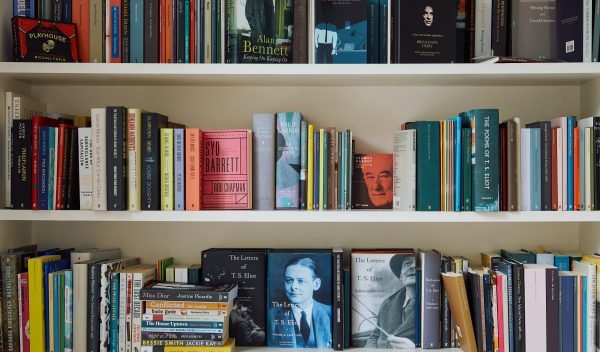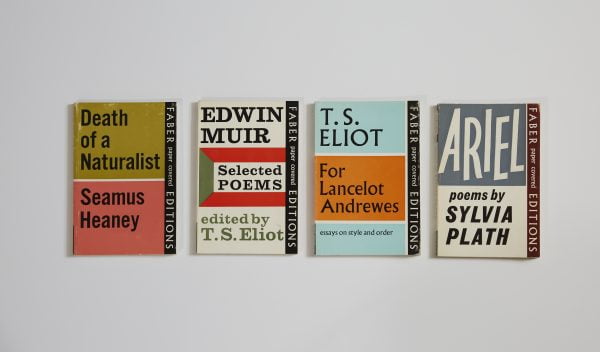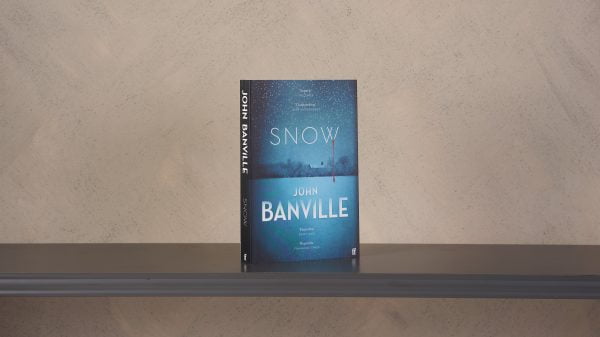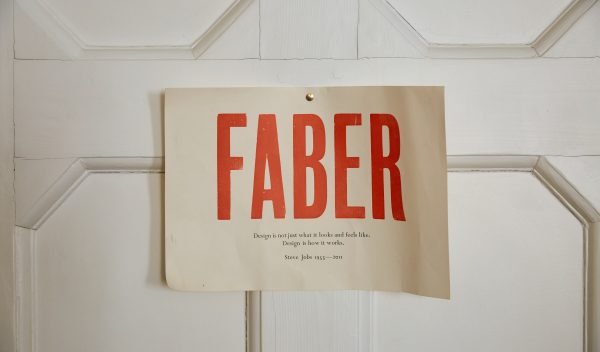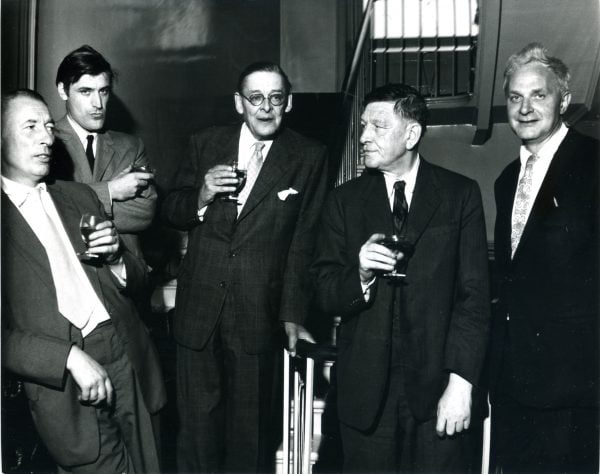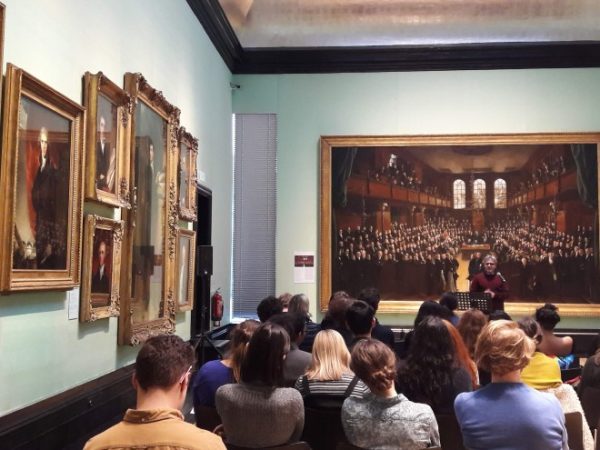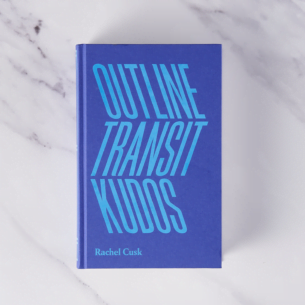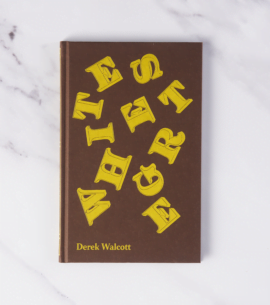


Simon Armitage is appointed Poet Laureate for the United Kingdom
Since the laureateship was first conceived many hundreds of years ago, Britain has changed enormously and the position of Poet Laureate has changed accordingly – I want to celebrate and speak on behalf of the variety of voices who contribute to the rich chorus of British poetry from a wide range of personal, literary and cultural experiences, and to help poetry explore its potential in a multifaceted, multivocal and multimedia age.
The poetry of these islands is one of our greatest achievements, and, as well as being proud of its traditions, I want poetry to feel confident and at home in the contemporary world and to demonstrate that, in a hectic and sometimes frenetic age, the combination of considered thought and crafted language is more relevant and vital than ever. I hope poets, readers and audiences will support me in my efforts.’
Simon Armitage
—
‘Simon Armitage cut his own cloth from the outset. His boyish, fresh-faced poems made an unmissable impression upon the 1980s: political, tough-minded, astute, funny, realist and surreal in opposing measure. They persuaded readers that no barrier should curtail their adventure, no dogma and no gatekeeper. They spoke to the experiences of our streets and our schoolrooms, and walked around in the lives about us, marking a place for popular and literary cultures alike, freeing our vernacular from the locked cupboards of received learning.
Not once did they turn a blind eye; not then, and not now. And although the work that followed those early years would become ever more subtle and international, it would never lose its edge, its home place or its sense of responsibility. It would campaign for justice in poems of tender exquisiteness – not only in lines for loved ones, but in poems for those whom society ought to love more: the lost and disenfranchised, the elderly and the young, the unanointed, the despairing, and the unaccompanied, to use the title of a recent book.
The result would be a fearless body of conscient writing. And yet for all the tough choices that the poems have made, they have maintained a personable air and a ticklish underbelly. They possess a likeability that enables them to make friends with readers, and that in turn allows readers to make friends with poetry.
It is more than a quarter-century since Faber & Faber became the proud publisher of Simon Armitage. Over that time he has led countless readers to new territories and made maps for a better nation. We cannot wait to see where he takes us next.
All our congratulations on your appointment as Poet Laureate, dear Simon.’
Matthew Hollis
Poetry Editor
